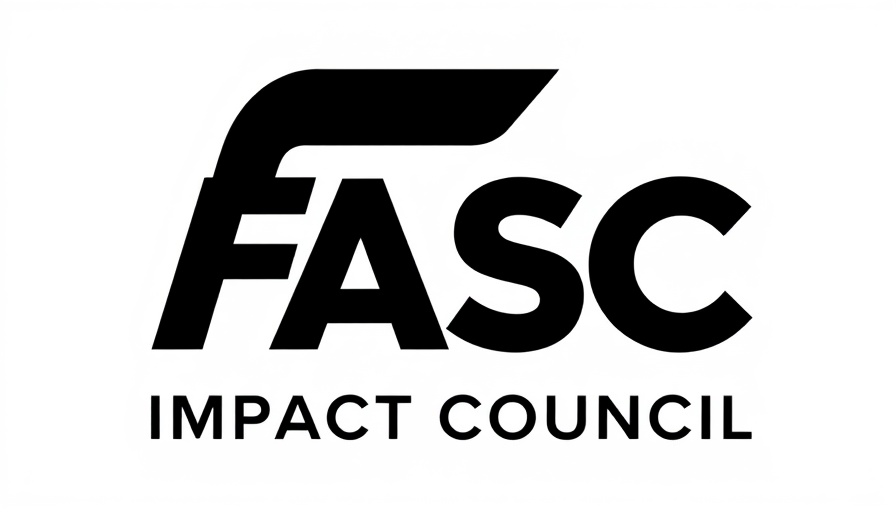
Uber's Return-to-Office Mandate Sparks Employee Outcry
Recently, Uber has faced significant backlash as employees express strong opposition to the company's mandate requiring a return to the office. While many companies have adopted flexible working arrangements, Uber's insistence on in-person attendance has left a portion of the workforce feeling frustrated and undervalued. As remote work becomes a staple in many industries, this pushback from Uber employees highlights a growing divide between traditional corporate policies and modern workforce expectations.
Why Employees Are Unhappy with the Mandate
With the pandemic reshaping how we view work-life balance, many employees have grown accustomed to the flexibility of remote work. Unlike the early days of the pandemic, when companies encouraged employees to work from home for safety, now, expectations are shifting. For Uber staff, the mandatory return to office is not just a logistical challenge but also a blow to the hard-earned autonomy they enjoyed during remote work.
Cultural Shift in the Workplace
This conflict is not unique to Uber. Across industries, employees are voicing concerns over rigid workplace policies. Many are prioritizing their quality of life and seeking companies that recognize the value of a hybrid work model. This movement reflects a significant cultural shift that businesses must acknowledge. As the future of work evolves, companies that cling to outdated norms may find themselves at a disadvantage in attracting and retaining talent.
The Future of Work: Adapt or Fall Behind
As firms like Uber navigate this crucial juncture, it's clear that flexibility is paramount. The resistance from Uber employees showcases not just a refusal to return to pre-pandemic norms but a demand for respect and recognition in the workplace. Organizations must start evolving their practices to meet the new expectations of a workforce that values balance, adaptability, and engagement.
Take Action: Clarify Your Brand's Position on Remote Work
In light of these developments in workplace dynamics, now is the time to assess your organization's stance on remote work. Are you in tune with employee expectations? If you would like to clarify your brand's position on this matter, consider the long-term implications of your workplace policies.
 Add Row
Add Row  Add
Add 




Write A Comment